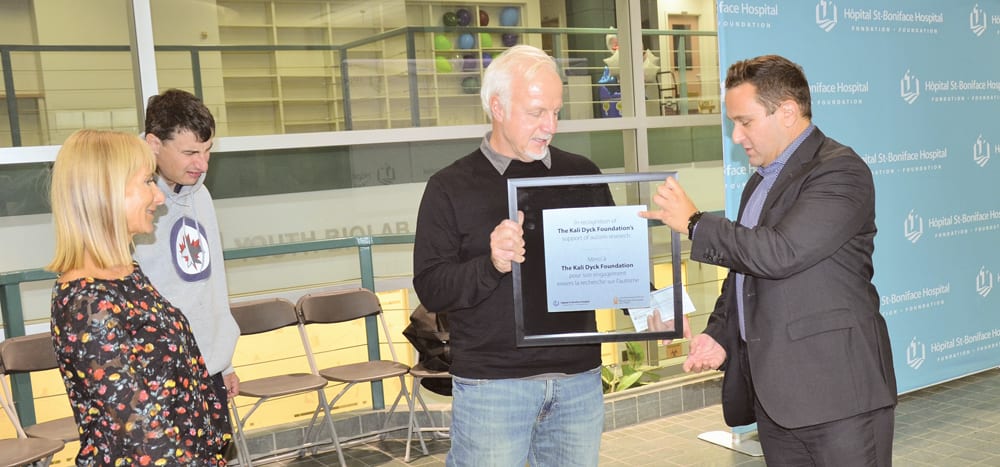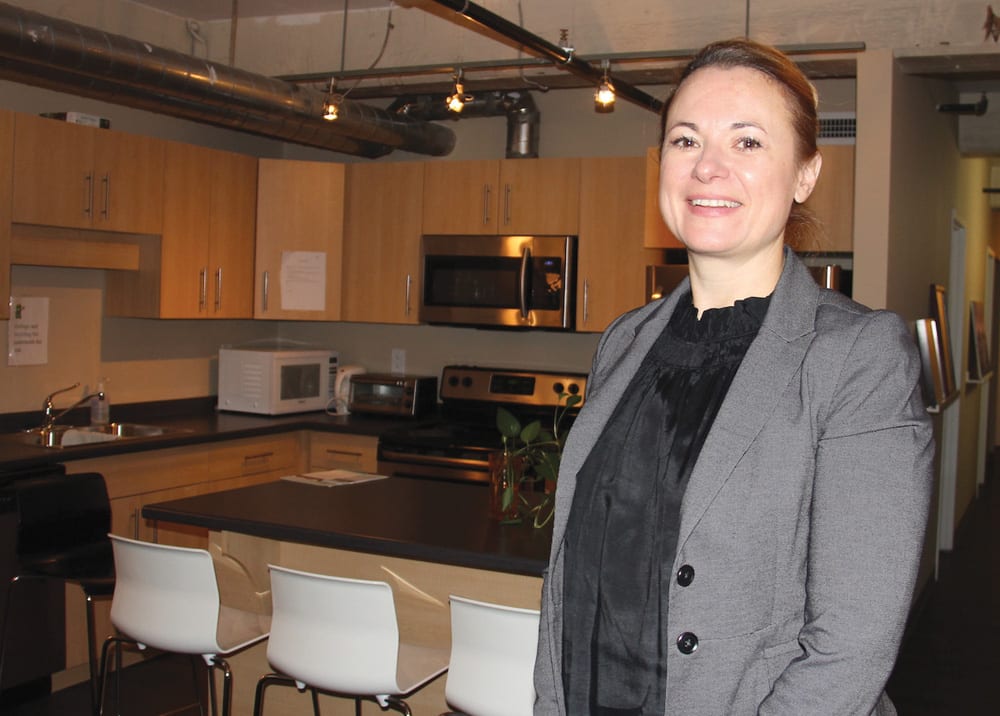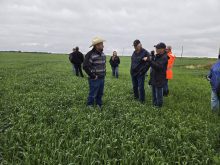Research at St. Boniface Hospital seeking a new way to classify autism spectrum disorder (ASD) has been given a significant boost thanks to a Manitoba family with ties to the agricultural community.
The Dyck family, owners of BrettYoung Seeds, has given the hospital a $300,000 donation through The Kali Dyck Foundation, which they established in their daughter Kali’s memory after she was killed in a car accident in 2011.
The family has first-hand experience with ASD. One of their two sons, Chad, was diagnosed with autism when he was two years old.
Read Also

Mazergroup’s Bob Mazer dies
Mazergroup’s Bob Mazer, who helped grow his family’s company into a string of farm equipment dealerships and the main dealer for New Holland machinery in Saskatchewan and Manitoba, died July 6 from cancer.
Their daughter, Kali had a very special bond with her brother, says their father Lloyd Dyck.
“She became a real friend and mentor and companion for him. I always used to say she couldn’t say no to him. If he wanted to go somewhere or do something and nobody else wanted to do it, Kali would do it with him. They had a really close and tight relationship.”
Kali was doing volunteer work with organizations supporting those with special needs, studying in university and on a career path towards working in this field when she died.
“We were all devastated including Chad,” said Dyck.
The family decided to create the foundation in her memory and help fund charities and organizations that support the ideals their daughter personified.
This donation will support one of a set of Research Without Borders interdisciplinary collaborations between research teams at St. Boniface Hospital and Ben-Gurion University in Beer-Sheva, Israel. The research is looking for alternatives to the way ASD is now diagnosed. Its goal is to find a way to better diagnose subtypes of autism by looking at biomarkers in blood instead of by behaviour.
“Today, diagnoses of ASD are based on behaviour assessments that really don’t distinguish between different subtypes of the disorder,” says Dr. Harold Aukema, a principal investigator with the Canadian Centre for Agri-Food Research at St. Boniface Hospital’s Albrechtsen Research Centre.
“We know there are excellent biomarkers for various human traits that are both easily measured in blood samples and vary according to various biological conditions. If ASD subtypes can be identified through their unique blood-marker profiles, then medicine has a useful new system to research, diagnose and treat these disorders.”
Dyck said it was “almost serendipitous” how, just as the foundation was ready to start funding projects, the hospital announced it was beginning this work.
“Everything just fell into place after that. We feel very fortunate to be able to do this and we’re very happy to be able to support the St. Boniface Hospital research. And we’re really looking forward to results in a few years’ time.”
His hope is that it leads toward making a diagnosis of ASD easier, and also helps figure out more targeted treatment for it, Dyck said.
“That would be my hope, that out of this research it points us in that direction.”
A 2018 Public Health Agency of Canada report estimates one in every 66 Canadian children and youth aged five to 17 has autism spectrum disorder.
The donation is not only generous but forward looking, said Vince Barletta, president and CEO of St. Boniface Hospital Foundation.
“When donors support research at St. Boniface Hospital, they’re investing in a better future for those who face some of today’s most debilitating conditions and diseases. We thank the Dyck family for this tremendous gift.”




















